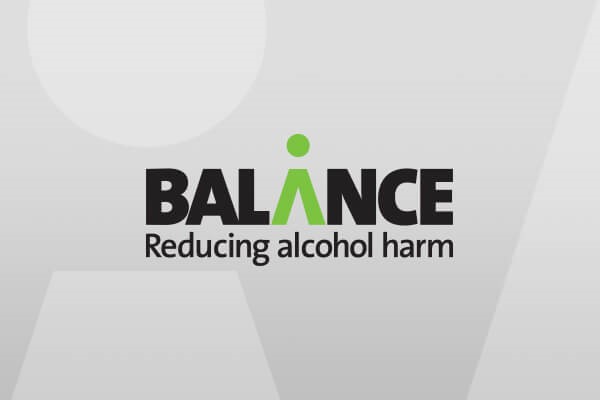New health figures spark cause for concern
The number of hospital admissions for people in their early 30s with alcoholic liver disease has increased by more than 400% in the North East – the national increase stands at 61%.
Research carried out by Balance, the North East Alcohol Office, reveals that North East hospitals recorded 189 hospital admissions for 30-34 year olds with the disease last year, compared to just 37 in 2002.
In total there were 778 admissions for 30-34 year olds with alcohol liver disease between 2002 and 2010, costing the NHS an estimated £1.8m. Disturbingly there were a further 482 admissions for under 30s, with some people admitted even being under the age of 20.
For all age groups, in the last 8 years there have been a total of 21,798 alcoholic liver disease admissions across the region at an estimated cost of £51.7m.
Dr Chris Record, a liver specialist at Newcastle University and Newcastle Hospitals, said:
“Only a few years ago alcoholic liver disease was very unusual in this age group and unless our drinking habits change, the problem is only set to worsen.
“The earlier the age at which children drink, and the more they drink, the greater the chance of developing serious liver disease in adult life. Many patients are now presenting with terminal liver disease in their late twenties and early thirties. Adults need to drink within the recommended limits and we need to discourage young people from drinking and perhaps even raise the legal age for alcohol consumption from below 5 to below 15. Unless we do something soon, liver specialists across the region are going to be dealing with more and more young people whose lives have been ruined by alcohol.”
Death rates linked to alcoholic liver disease have risen by over two-thirds (69%) in the last 30 years. The disease does not usually cause any symptoms until the liver has been extensively damaged but starts with fat deposits in the liver leading to inflammation (steatohepatitis), fibrosis (scar tissue) and ultimately liver failure from Cirrhosis. Alcohol also causes death from high blood pressure (hypertension) heart disease, stroke, pancreatic disease and cancer and by directly damaging the brain, frequently causes dementia at an early age.
Dr Record added: “The body has remarkable powers of healing and it is never too late to stop drinking.”
Colin Shevills, Director at Balance, is calling for action to prevent this growing trend – starting with protecting children and young people from exposure to alcohol. Balance has launched a campaign which urges Government to prevent alcohol advertising on television, in the cinema unless it’s an 18 certificate film and call a halt to the sponsoring of sporting and cultural events.
He said: “These figures are extremely worrying and demonstrate how starting to drink alcohol at a young age can have a serious impact on your health.
“Our region is drinking too much from an early age driven by alcohol which is too affordable, too available and too heavily promoted. It is particularly concerning as here in the North East we have the highest rate of 11-15 years olds who drink in England and the highest rate of under18s admitted to hospital because of alcohol.”
To avoid health issues as a result of alcohol adult drinkers are advised to stick to the recommended limits which are 2-3 units a day, or about two small glasses of wine, for a woman and 3-4 units, or about two pints of low strength beer or lager (3.5%), for a man and to avoid alcohol for 2 days after drinking more heavily than this.
Colin added: “We have created a society where alcohol plays too central a role in our lives. This needs to change. We are currently running a campaign to protect children and young people from exposure to alcohol through advertising, which encourages them to drink earlier and to consume more.
“Our campaign has already received support from thousands of North Easterners and they have signed our petition at www.balancenortheast.co.uk to restrict alcohol advertising and stop the detrimental effect it is having on young people and their health, both now and in the future.”
